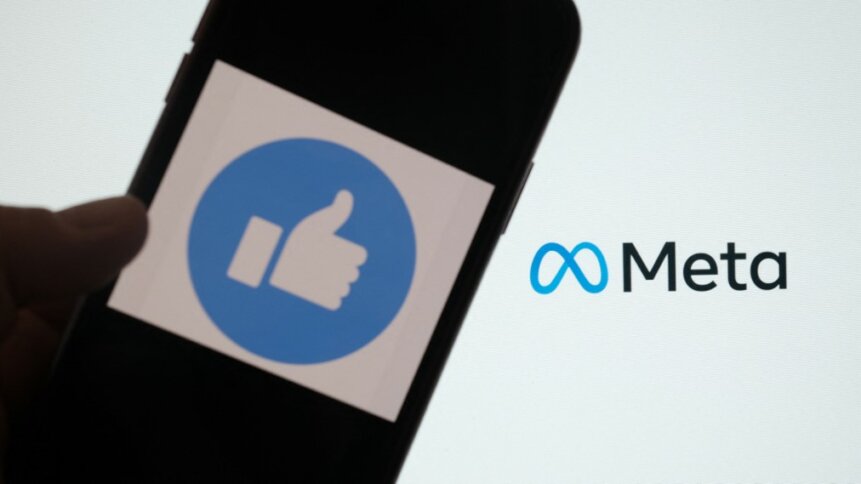What is the most unreliable mobile app based on survey data?

Smartphone applications have become synonymous with our daily lives. There’s a mobile app for every purpose: to tell the time, monitor your health (mentally, too), manage transport and food orders, and so much more.
READ NEXT

The Twitter ban problem
These days, many people have become inseparable from their mobile devices, and “there’s an app for that” represents a ubiquitous statement of how reliant we have become on mobile-first software. Clicking on our smartphone home screen to select a dedicated icon for a particular service (or in the case of some ‘super apps’, several services under the same banner) has become almost like a reflex. And it seems like every company is coming up with its own native mobile app.
Apps are a key growth strategy for modern businesses. It used to be the case that firms would have a website, then a social presence – now it’s a dedicated mobile app. Considering how transformative smartphones have been over previous communications apparatus – it is like carrying a portable supercomputer everywhere in your pocket – the strategy becomes even easier to understand. And a study of the global mobile apps market bears this out.
The Mobile Apps Market by Platform, Application, Revenue Model, and Geography – Forecast and Analysis 2021-2025 report by Technavio reflects an incremental growth of US$653.91 billion over a five-year period between 2020 and 2025, with the compounded annual growth averaging 20.65% during that time. The findings show that despite being a relatively mature market, mobile apps continue to surge in popularity thanks to the extremely high adoption rates of smartphones in the developing world. At least a third of that growth is expected to come from the Asia Pacific region.
This is what we already know. But what does the research data say is the most unreliable mobile application among the heavily downloaded apps in the marketplace? A study by Uswitch.com of UK mobile phone usage and the top 25 most popular smartphone apps revealed that Facebook is the least reliable mobile app, from the perspective of several factors such as the reported frequency of outage issues per million monthly downloads, the volume of Google search results during such outages, and app rating scores on mobile marketplaces like the the App Store and Google Play.
The Facebook app’s score was calculated, based on these factors, to be 1.5 out of 5 – making it the lowest-scoring mobile app out of those studied. The Facebook mobile experience has 15 reported app issues on average for every million app installs per month. That’s basically two-thirds more than its fellow Meta-owned app, WhatsApp, which recorded an average of 9 issues for every million downloads.
Facebook is also some distance from the popular app that experienced the second highest number of mobile app issues, YouTube. The Alphabet-owned video streaming platform had an average of 36 reported issues per million monthly downloads. According to the Uswitch data, out of all apps, the YouTube app was responsible for the highest number of browser searches relating to being down – 673,500 in the past year.
Twitter came in third in the unreliability rankings, with 195 reported app issues for every million monthly downloads – the highest number for this metric in the research. But Twitter received a whopping 86% fewer searches about its mobile app being down compared to its social media rival Facebook, so the short-post social platform got a slightly higher reliability score of 2.54 out of 5.
At the other end of the spectrum, Zoom was the most reliable mobile app analyzed, with a mere 3 reported issues per million monthly downloads on average. This was a little surprising considering the massive take-up of Zoom in the pandemic months – but reportedly only an average of 120 Google queries a month related to the app being down.
A separate Censuswide survey carried out by Uswitch uncovered that just over a third (34%) of 2,012 UK mobile phone users questioned permitted their mobile apps to access their personal data. “When you install a new app, it will often ask for permission to access personal data within your phone, such as your camera, microphone, and location. It’s important to be aware of what each app has access to, so you don’t overshare or offer access to more information than it needs,” commented Catherine Hiley, Mobiles Expert at Uswitch.
Hiley noted that allowing permissions for mobile apps without reading through the privacy information could lead to cyberattacks and data leaks. And users should pay attention elsewhere too. “There are several reasons why mobile app outages can occur, such as server issues, out-of-date software and cyberattacks,” Hiley noted.
“Apps which users have not updated recently may bare out-of-date software and so are at higher risk of being hacked,” she added. “These attacks can also lead to app outages, so it’s important to make sure your apps are as up-to-date as possible.”








